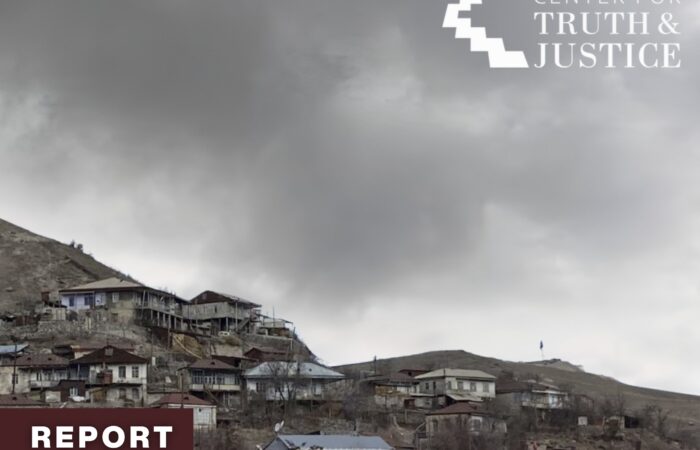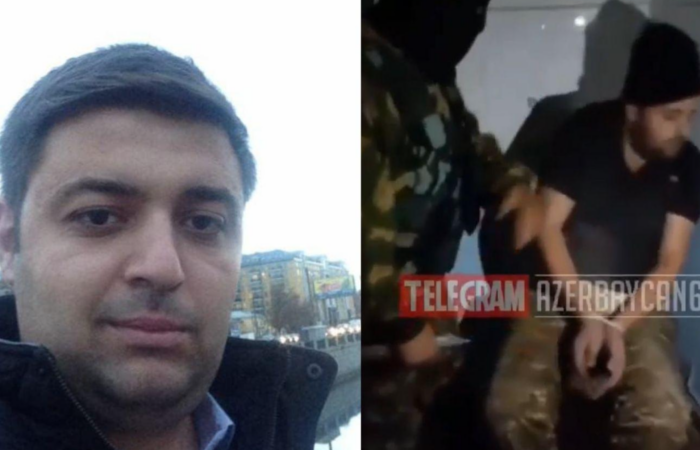Amidst a worldwide pandemic, Azerbaijan initiated a 44 day aggressive ethnic cleansing campaign against the Armenians of Artsakh (Nagorno-Karabakh) beginning on September 27, 2020. Since then, Azerbaijan has continuously blocked continued efforts by swaths of humanitarian organizations, including the UN, from gaining access to Artsakh to assist in rebuilding the devastating consequences of indiscriminate shelling that destroyed civilian neighborhoods without regard for schools, a maternity hospital, homes, cultural centers, and churches.
On March 16, 2021, President Aliyev advised that Azerbaijan is granting UNESCO access solely to the currently Azerbaijani occupied territories in Artsakh. Unsurprisingly, the authorization is deliberately silent on permitting UNESCO to assess the damage caused to Armenian cultural and religious monuments in Artsakh.
Preventing humanitarian aid is in contradiction of the provisions of Resolution 2565, adopted by the UN Security Council, which requires uninterrupted access of humanitarian and medical personnel to conflict zones in order to combat Covid-19. Further, it leaves the people of Artsakh isolated and deprived of access to sustenance including food, water, warm clothing for the harsh winter, and covid treatment. Without the necessary aid, sustainable development will prove difficult, particularly in overcoming the Covid-19 pandemic. The humanitarian concerns also encompass the strong potential for cultural erasure. Given President Aliyev’s March 16, 2021 threats to erase Armenian script on 12th Century Armenian churches as ‘fake,’ and baselessly alleging they are Albanian, the world is once again reminded of the 27,000 khachkars (culturally decorated Armenian tombstones) in Nakhichevan that were destroyed by Azerbaijan, despite the UNESCO protections, while again denying UN access to assess the cultural and religious tombstones, churches and monuments.
It is incumbent on the West to engage with indigenous Armenians, as Aliyev fails to budge despite Putin’s call.


